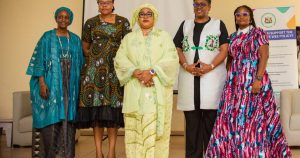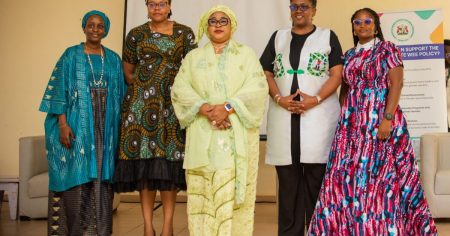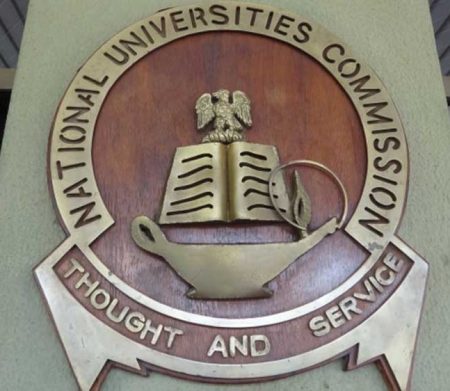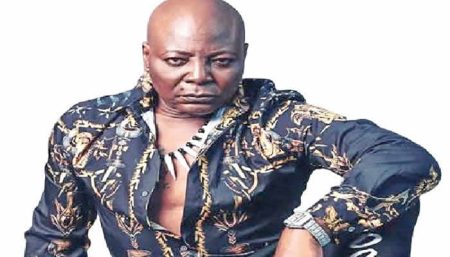The upcoming Women’s Africa Cup of Nations (WAFCON) final pits Nigeria, the tournament’s most successful team, against hosts Morocco, a nation experiencing a surge in women’s football. Nigeria, under the guidance of coach Justin Madugu, will be relying on their extensive experience in high-pressure situations. They enter the match as nine-time WAFCON champions, boasting an unblemished record in previous finals. Madugu acknowledges the weight of expectation but emphasizes the team’s unwavering belief in their abilities and their established game plan. He recognizes the unique challenges posed by each final, refusing to be complacent despite their historical dominance. Madugu’s focus remains on meticulously preparing his team for every possible scenario, a testament to the lessons learned from their rich history in the competition.
Morocco’s ascent to the final has been nothing short of remarkable. Their journey has been fueled by a passionate home crowd and the tactical acumen of their newly appointed coach, Jorge Vilda. Vilda’s credentials are impeccable, having recently steered Spain to victory in the 2023 Women’s World Cup. His arrival in Morocco shortly before the WAFCON tournament has injected a renewed sense of belief and tactical sophistication into the team. The Moroccan team’s progress is a testament to the rapid development of women’s football in the country, and their appearance in the final represents a historic moment for the nation. The clash between Madugu’s experience and Vilda’s World Cup-winning pedigree sets the stage for a captivating final.
The tactical battle between the two coaches will be a focal point of the final. Madugu’s approach is rooted in the Super Falcons’ traditional strengths: a dynamic attack, a robust midfield, and a resolute defense. His strategy will likely revolve around leveraging the experience of his key players, such as Asisat Oshoala and Rasheedat Ajibade, to unlock the Moroccan defense. Meanwhile, Vilda is expected to implement a possession-based style, aiming to control the tempo of the game and create scoring opportunities through intricate passing combinations. His tactical flexibility, demonstrated during Spain’s World Cup triumph, will be crucial in adapting to the unique challenges posed by the Nigerian team. The contrasting styles of the two coaches promise an intriguing tactical duel.
Adding to the drama is the backdrop of the final being hosted in Morocco. The home crowd is expected to create an electric atmosphere, providing fervent support for their team. This home advantage could prove to be a significant factor, potentially adding pressure on the Nigerian players. However, the Super Falcons are seasoned campaigners, accustomed to playing in high-stakes matches, and they will be determined to use their experience to navigate the challenges posed by the passionate Moroccan supporters. The interplay between the home crowd’s energy and Nigeria’s composure will be an intriguing subplot to the final.
Furthermore, the final represents a pivotal moment for women’s football in Africa. The tournament has showcased the growing talent and competitiveness of women’s football on the continent. Both Nigeria and Morocco’s journeys to the final have captured the imagination of fans across Africa and beyond, highlighting the increasing popularity of the sport. The final serves as a platform to further elevate the profile of women’s football in Africa, inspiring the next generation of players and demonstrating the power of sport to unite and empower. The legacy of this WAFCON tournament extends beyond the final, leaving a lasting impact on the development of women’s football in the region.
In conclusion, the WAFCON final between Nigeria and Morocco is poised to be a thrilling encounter. The clash between Nigeria’s experience and Morocco’s home advantage, coupled with the tactical battle between Madugu and Vilda, creates a compelling narrative. The match carries significant weight, not only for the two competing nations but also for the future of women’s football in Africa. The final promises to be a memorable occasion, showcasing the best of African women’s football and inspiring further growth and development of the sport across the continent. The outcome will undoubtedly shape the landscape of women’s football in Africa for years to come.














